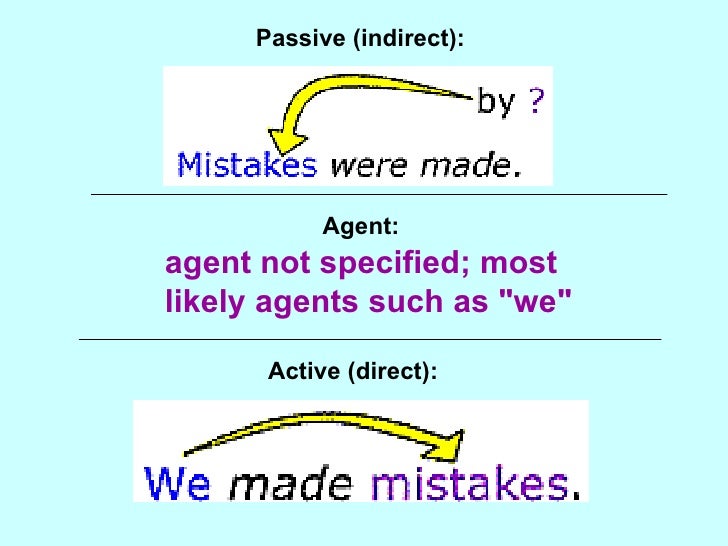Agent (grammar)
The agent (Latin agere "act" ) refers to the semantic role of that actants of a set of exercises over expressed by the verb of the sentence action control or caused it in linguistics. The contrast to the agent is the undergoer.
Thus, the agent is a semantic role, but no syntactic function, and therefore must be a clear distinction between agent and subject also. The relationship between semantic categories such as agent and grammatical ( syntactic ) categories such as subject regulate the so-called diathesis, that is especially active and passive. In the active, the normal case is the agent at the top of the hierarchy "subject worthy " actants, that is, whenever an agent is present, it is realized as a subject in the nominative case. Verbs which will not assign an Agen role that subject role is assigned to the next higher actants from the set of existing semantic roles. The diathesis of the passive voice, however, suppresses the Agen role, which also enters a non- agent in the subject position. ( The just given representation, however, characterizes only the so-called accusative languages , such as German, but not the type of Ergativsprachen. )
Examples
The first example is the Professor agent ( and at the same subject). In the second example, however, the student is indeed the subject, but not the agent. Since the student is not active in both cases, but something suffers, he occupied the semantic role patientive.










